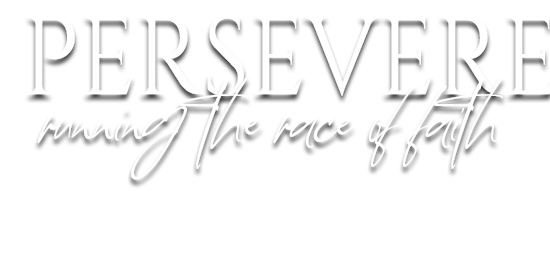 And you have forgotten the exhortation which speaks to you as sons:
And you have forgotten the exhortation which speaks to you as sons:
“My son, do not despise the chastening of the Lord,
When we understand the true meaning of some of our English words, we better understand the Bible. Did you know that to exhort means to encourage? The Vine’s Concise Dictionary of the Bible tells me that our word “exhort” comes from the Greek word parakaleo. Para “to the side,” and kaleo “to call.” It is a verb; meaning “to admonish, to urge one to pursue some course of conduct (a conduct that is always prospective, looking to the future, IN CONTRAST to the meaning to comfort, which is retrospective, having to do with trial experienced).”
Did you get that (smile :))? I was reminded of these verses in Scripture as I heard yesterday’s sermon. After I really studied the words “exhort” and “chastening,” I thought I would share what I found here with you. The word chasten doesn’t only mean “ to discipline.” This is very interesting, because I’ve always stated that some of us who are in the midst of harsh dealing/trials of adversity are not being punished, but we are being trained by God for a future moment in time. As I write this post, I think of the very words Mordecai said to Esther…
Wow. That’s just another confirmation of how God is preparing and training us for something. We get the word “chasten” from the Greek word paideuo. And it primarily denotes “instructing” or training gracious and firm; “to chastise,” this being part of the training, whether by correcting with words, reproving, and admonishing…or by the infliction of evils and calamities. The noun form of the word is paideia and suggests that Christian instruction or discipline regulates character…
Just something to meditate on.
